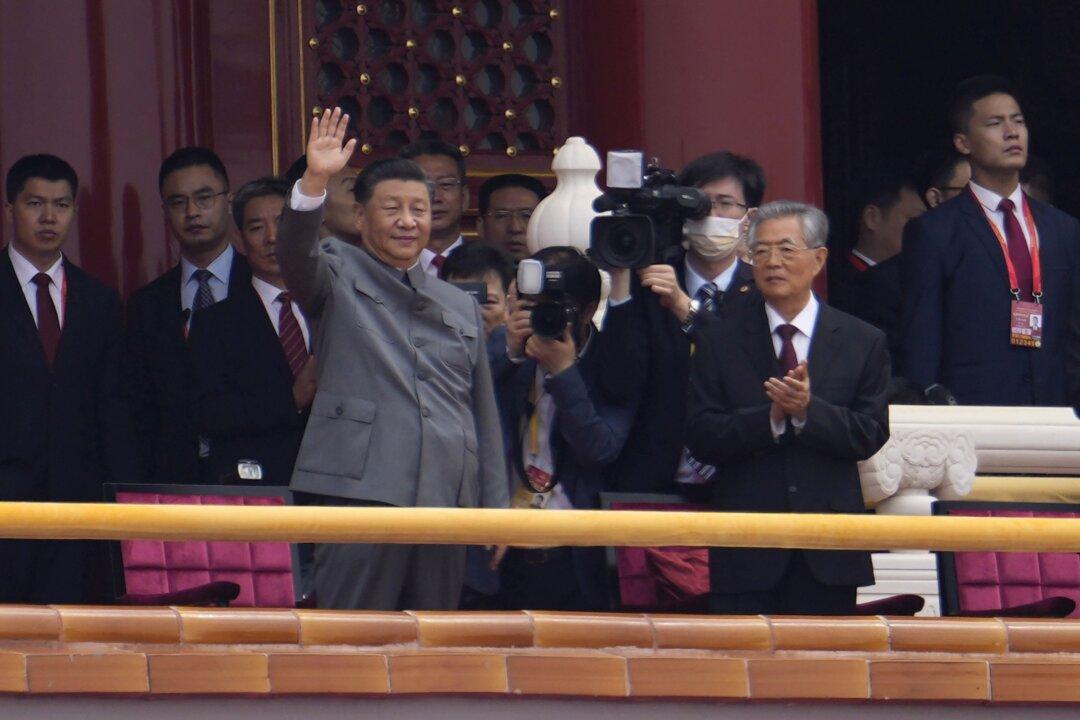Commentary
A pro-Beijing Chinese language news portal recently published a series of articles, commemorating “the 30th Year of Deng Xiaoping’s South Tour.”

A pro-Beijing Chinese language news portal recently published a series of articles, commemorating “the 30th Year of Deng Xiaoping’s South Tour.”